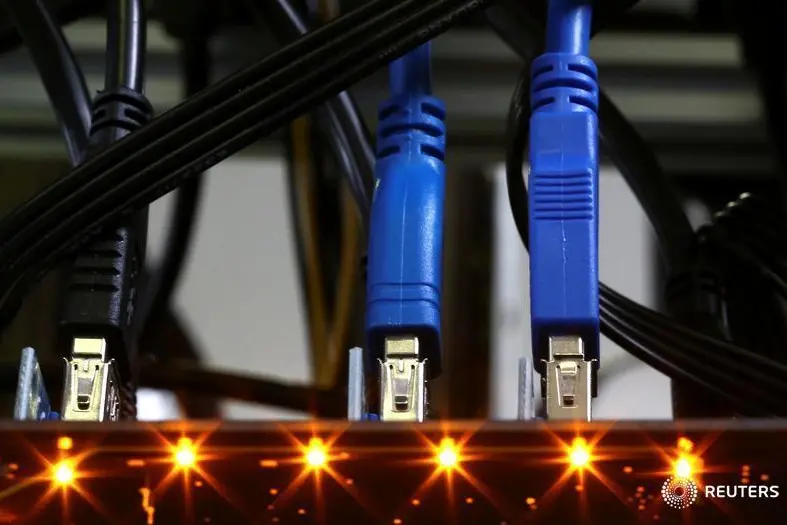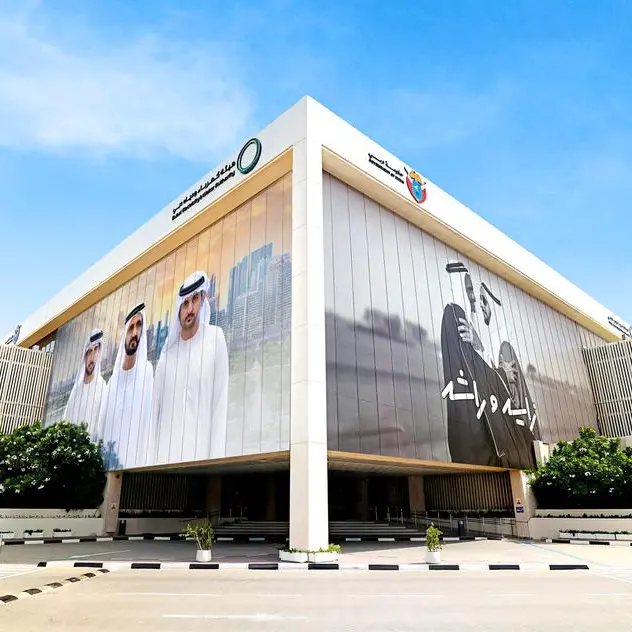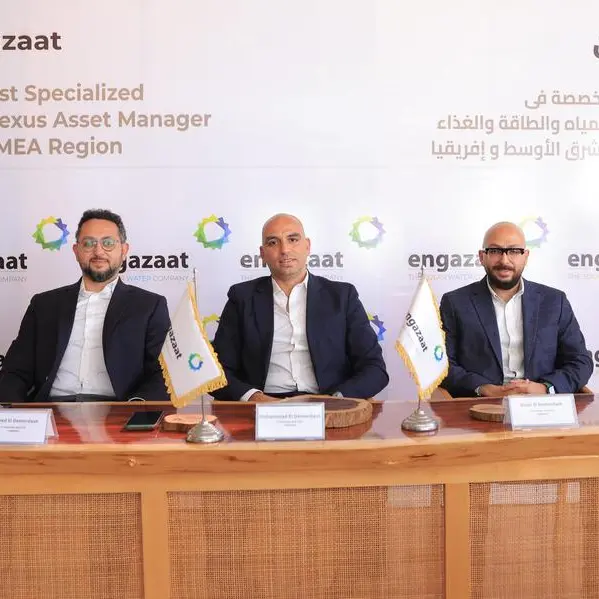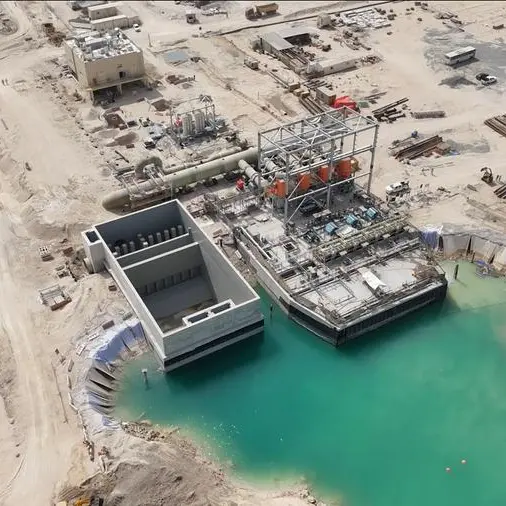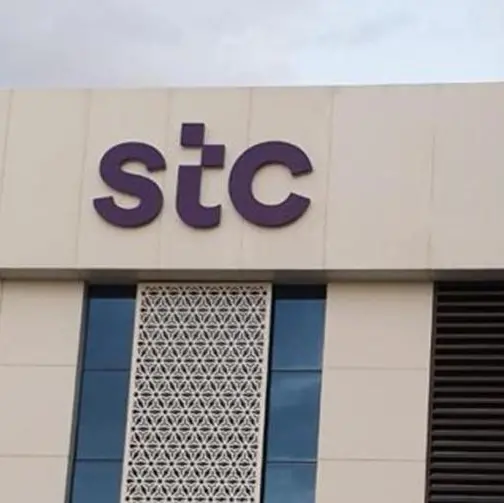PHOTO
Dubai-based digital assets infrastructure company Hodler Investments and Chinese clean energy company GCL Group (Golden Concord Group) have agreed to jointly invest in an off-grid energy infrastructure project in Ethiopia to power data centres that support high-demand applications, including Artificial Intelligence (AI) and blockchain.
The project will leverage GCL's natural gas concessions in Ethiopia, allowing the energy group to monetise gas currently stranded due to a lack of export infrastructure, according to Hodler Investments' Managing Director Mohamed El Masri.
"We will be formalising the co-investment structure not later than the end of the year," El Masri told Zawya Projects on the sidelines of ADIPEC 2024 event in Abu Dhabi on Wednesday.
Ethiopia's affordable renewable energy and supportive regulations have made it a hub for data-intensive technologies such as Bitcoin mining, data mining, and data centres, according to the U.S. International Trade Administration (ITA). An industry source told Zawya Projects that the country is currently home to around 500 megawatts (MW) of active Bitcoin mining operations.
In April 2024, GCL signed two Petroleum Production Sharing Agreements (PPSA) with the Ethiopian government to develop gas resources in the Ogaden Basin. GCL's blocks are estimated to hold 2P reserves of nearly 200 billion cubic metres (BCM) of natural gas and 46 million tonnes of oil.
The distributed energy infrastructure project will utilise Hodler's digital energy platform, PermianChain, which seeks to optimise wasted energy resources by connecting computing end users, data centre operators, energy suppliers (like GCL) and investors.


"We plan to set up a joint venture with GCL to build the infrastructure so data centre operators can deploy their equipment on our site," El Masri said without disclosing shareholding or investment details.
He added that GCL's gas resources remain untapped because of the need for infrastructure to convert it to LNG for export. By deploying mobile power plants during the early stage, the stranded gas will be repurposed to generate power for data centres. These modular data centres, housed in standard 40-foot containers, will be established alongside the power plants.
"This project will scale in 50 MW increments, reaching up to 200 MW, with the capacity to support a hash rate of 14.85 EH/s," El Masri explained. Containers will range between 200 kW for AI applications and 1.2-1.5 MW for Bitcoin mining, requiring hundreds of units for the large-scale project.
El Masri noted that Ethiopia's power grid infrastructure cannot handle all the load from compute cluster data centres.
"We offer an off-grid, low-capex solution that can be deployed faster and more affordably. You're online within months versus years, with only site preparation needed to install the mobile equipment," he explained.
Partnership model
Wang Dong, Chief Executive Officer of GCL Energy Investment, said the partnership with Hodler Investments aims to solve various challenges facing the energy sector in Ethiopia.
"We believe that modern technology coupled with smart capital can accelerate decarbonisation and address the renewable funding gap," he said in an official press statement.
Hodler is also developing a 100 MW off-grid solar project in Saudi Arabia with a secured dedicated off-taker as with the Ethiopian project. It also has ongoing projects in Canada, with 20 MW under development and 5 MW operational.
El Masri clarified that the company only proceeds with projects after securing offtake agreements, and sourcing private market financing thereafter. Moreover, these data centres, while modular and rapidly deployable, are actually designed as long-term solutions.
"We are not only doing Bitcoin mining but also deploying AI computing, which is driven by annual subscriptions with commitments of three to four years," he said, adding that AI demand will continue growing.
He noted that the Ethiopian project aligns with GCL's four-to-five-year timeline for the Ogaden Basin project but could extend beyond that if needed.
US-based Bitcoin research firm Hashrate Index has ranked Ethiopia as Africa's number one Bitcoin mining hotspot based on ease of doing business, electricity generating capacity, industrial power prices, and import tariff scores.
(Reporting by Anoop Menon; Editing by SA Kader)
Subscribe to our Projects' PULSE newsletter that brings you trustworthy news, updates and insights on project activities, developments, and partnerships across sectors in the Middle East and Africa.
